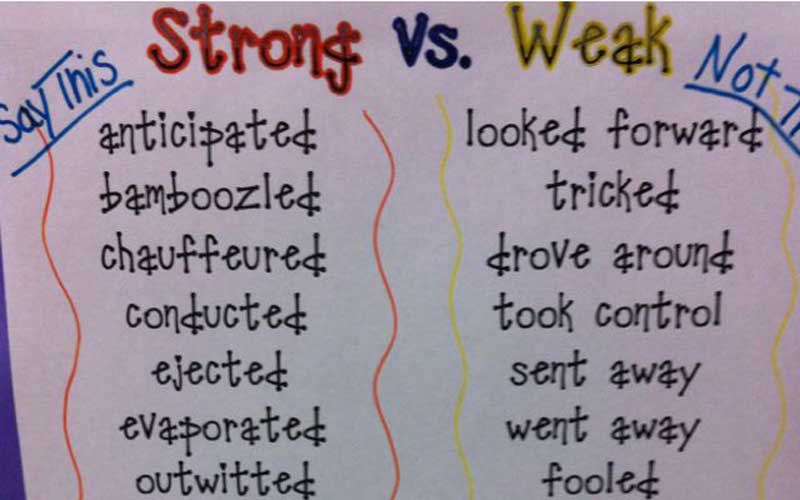×
The Standard e-Paper
Stay Informed, Even Offline

Today’s topic of discussion comes from the following passage culled from the Media Observer: Shall we ban ‘want’ in our headlines? “MPs want journalists kicked out of parliament”… “MPs want KDF at disputed border (The Standard). “MPs want KDF in Somali border row”… “We want 30pc of appointive posts”, “Residents want bats, weaver birds removed.” “Team wants Nairobi to halt parking cash loss” (Daily Nation). And this for one day’s headlines alone!